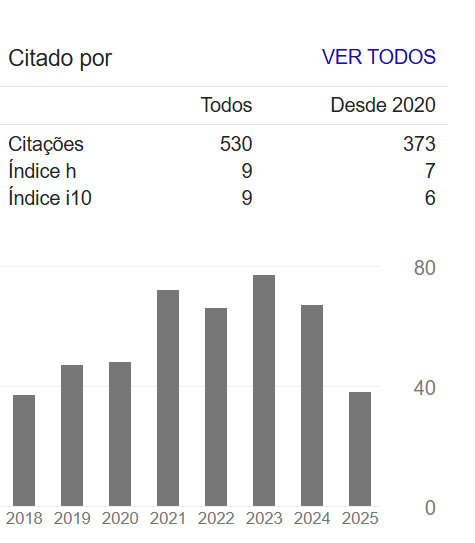The Snow of Words
Abstract
This article wants to read Paul Pessakh Antschel's life - Celan's real name. Paul Antschel changes his name from Antschel to the anagram Celan, which he would retain throughout his life. The readings of Marx and Nietszche, along with German poetry, especially Hölderlin and Rilke, but also Goethe and Schiller, Heine, Trakl, Kafka, Hofmannsthal, among others, developed in the poet a taste for politics and simultaneously for literature. Music and death are intertwined in Celan's poetry, evoking the lyrical atmosphere of Schubert - Death and the Maiden - or Mahler, Brahms and the German Requiem, in an attempt to harmonize the most painful and unsustainable experience. Celebration, not of death, but of those who perished in the death camps, under the most inhuman conditions imaginable, and the tearing comes, in a sublime way, in the poem "Death's Escape." In the poem "Death is a flower," Celan allegorizes death through the image of a flower, a flower that "opens only once." It is a world of terrible beauty, where the dead "sprout and flourish." They die to life, flourishing to poetic language, the only one capable of rescuing the experience of horror by way of remembrance. Recalling the lived experience must be understood as the gesture that simultaneously accomplishes the destruction of the organic links and, on the contrary, contains in itself a redemptive claim, that is the true purpose of Celan's poetry.
Downloads
References
ADORNO, Theodor. Teoria Estética. Lisboa: Edições 70, [19--].
ADORNO, Theodor. Notes sur la Littérature. Paris: Ed. Flammarion, 1984.
AGAMBEN, Giorgio. Quel che resta di Auschwitz. Turim: Bollati Boringhieri, 1998.
BLANCHOT, Maurice. Le Dernier à Parler. Montpellier: Fata Morgana, 1984.
CELAN, Paul. Arte Poética. O Meridiano e Outros Textos. Tradução de João Barrento. Lisboa: Ed. Cotovia, 1996.
CELAN, Paul. Sete Rosas mais Tarde. Tradução de Yvette Centeno e João Barrento. Lisboa: Edições Cotovia, 1993.
CELAN, Paul. A Morte é uma Flor. Tradução de João Barrento. Lisboa: Edições Cotovia, 1998.
DERRIDA, Jacques. Schibboleth pour Paul Celan. Paris: Ed. Galilée, 1986.
FELSTINER, John. Paul Celan. Poet, Survivor, Jew. Yale: Yale University Press, 1995.
LACOUE-LABARTHE, Phillippe. La poésie comme Expérience. Paris: Christian Bourgois, 1986.
Revue Europe, n. Janvier- Février, Paris, 2001.
Copyright (c) 2020 albuquerque: journal of history

This work is licensed under a Creative Commons Attribution-NonCommercial-NoDerivatives 4.0 International License.
The copyrights are all granted to the journal. The articles whose authors are identified represent the expressed opinion of its authors and not the official position of the Albuquerque: journal of Cultural Studies.









1.png)










